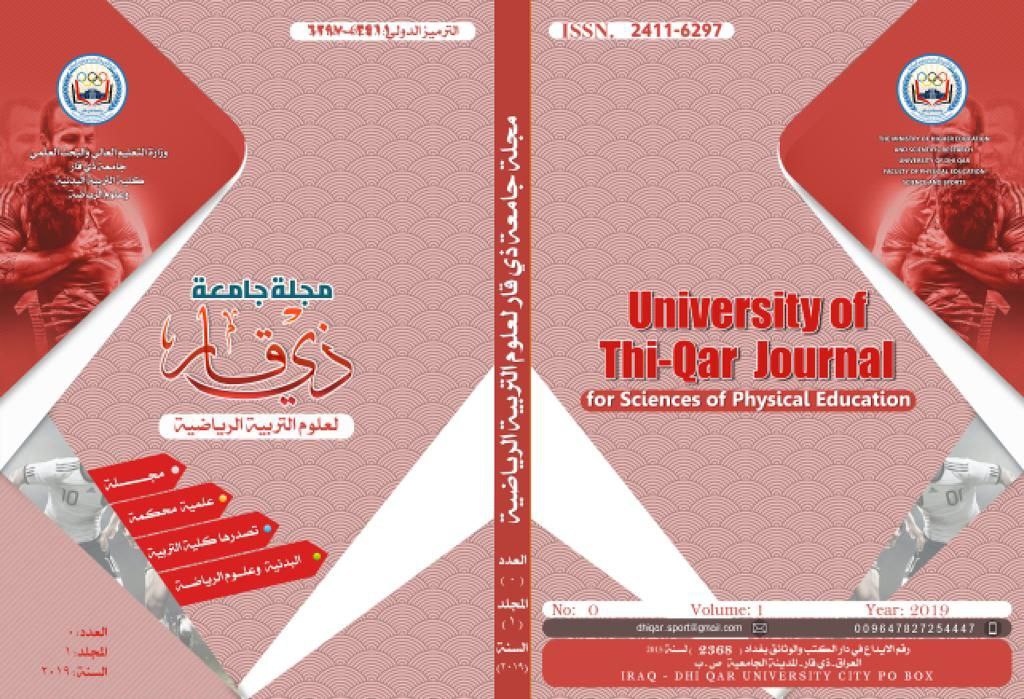The impact of group competitive exercises supported by the GPS UPIKO device to develop the kinetic speed of the ball and the strength characteristic of speed in football players
DOI:
https://doi.org/10.32792/utjspe.v2i3.1.647Abstract
Recent years have witnessed a remarkable development in the game of football at various levels, and this development came as a result of relying on modern scientific foundations in training and planning, while employing advanced techniques in analyzing performance and developing the physical and skill abilities of players.
Football is one of the team games that requires a high level of physical fitness, especially in terms of kinetic speed with the ball and strength characterized by speed, which are two of the most important factors affecting effective performance during the match. Therefore, the players of the Baghdad Al-Karkh second team for the preparatory stage need integrated physical and skill preparation that ensures the continuity of high performance throughout the match.
In light of the importance of realistic analysis of performance within the context of play, the role of modern technology such as GPS devices such as the UBIKO device, which provides accurate data on player movement, performance intensity, and voltage distribution, enabling a scientific assessment that helps to guide training effectively.
Accordingly, the importance of this research is evident in the use of group competitive exercises, aimed at developing the kinetic speed of the ball and the strength characteristic of speed, supported by the use of the UBIKO GPS device. These exercises aim to raise the efficiency of the education team players physically and skillfully, within a scientific approach that contributes to improving the level of performance and achieving better results in competitions.
Downloads
Published
Issue
Section
License
Copyright (c) 2025 University of Thi-Qar Journal for Sciences of Physical Education

This work is licensed under a Creative Commons Attribution 4.0 International License.









